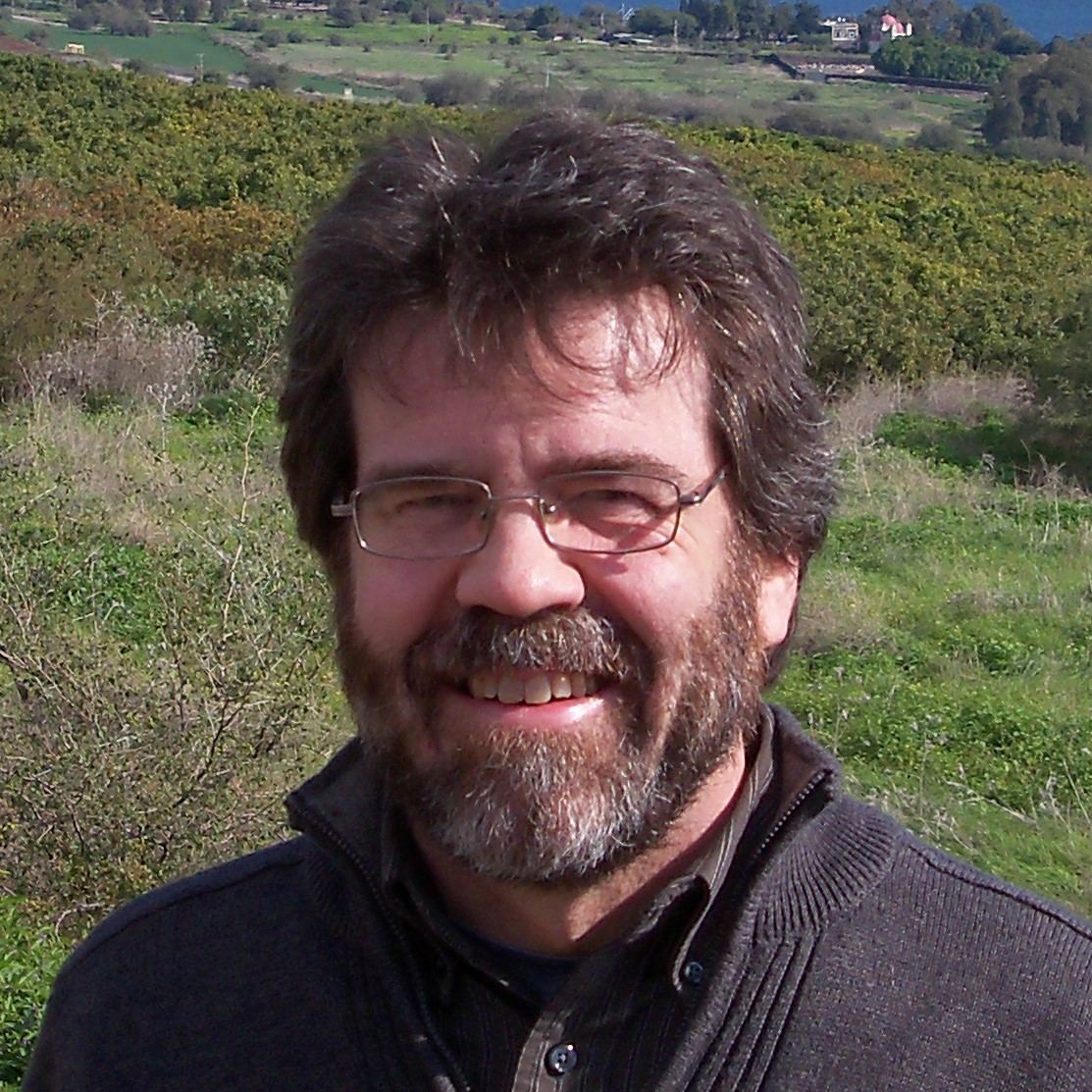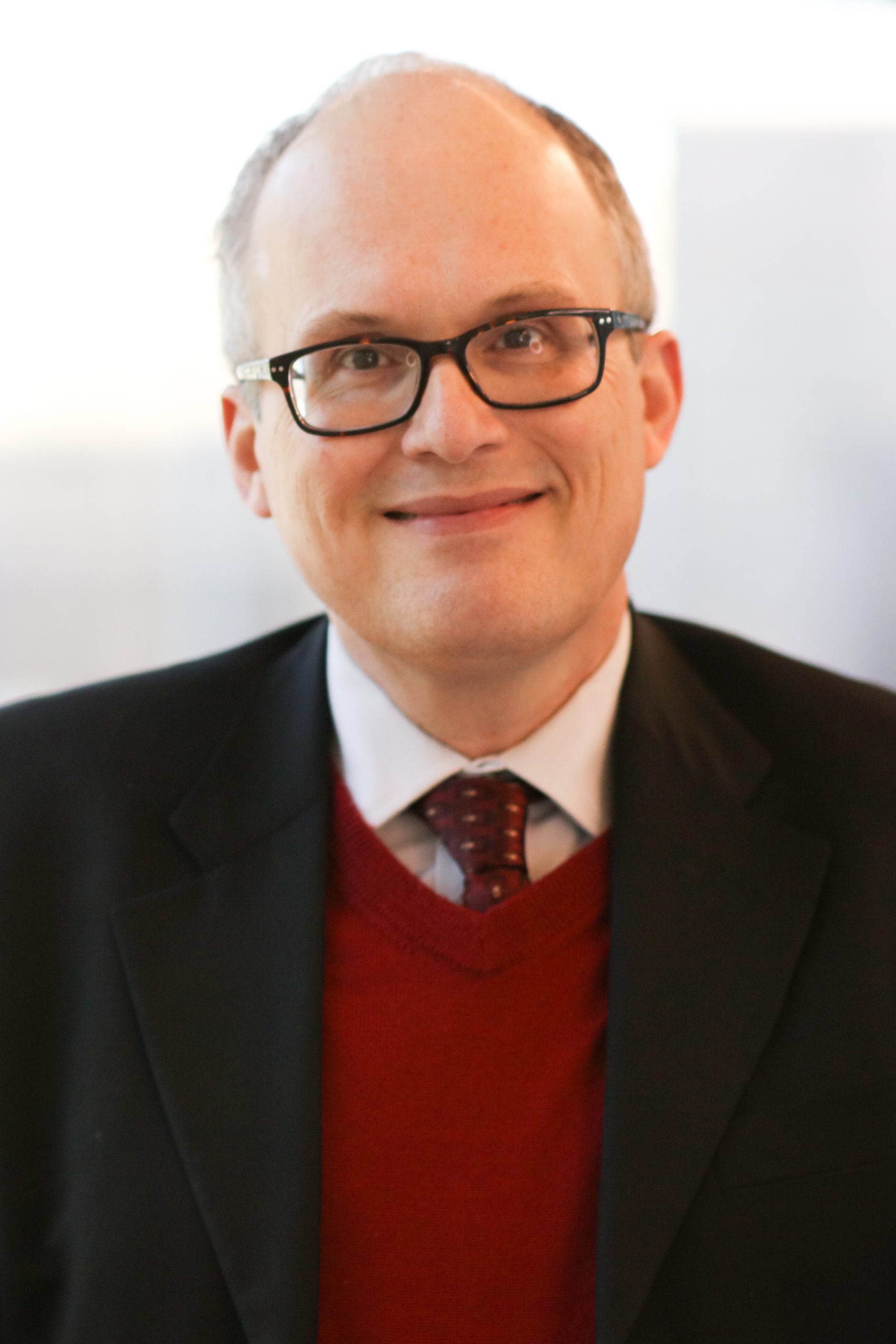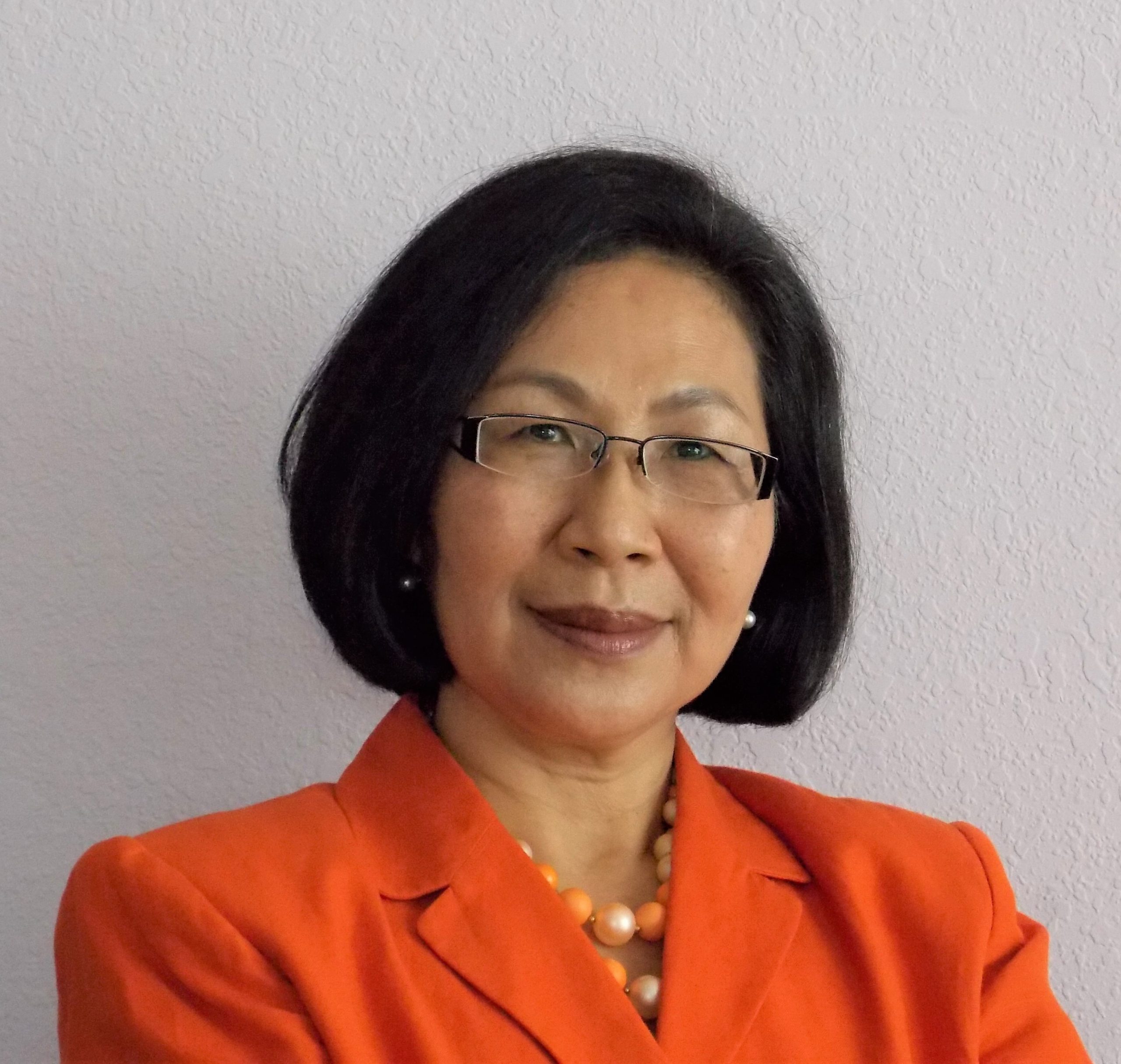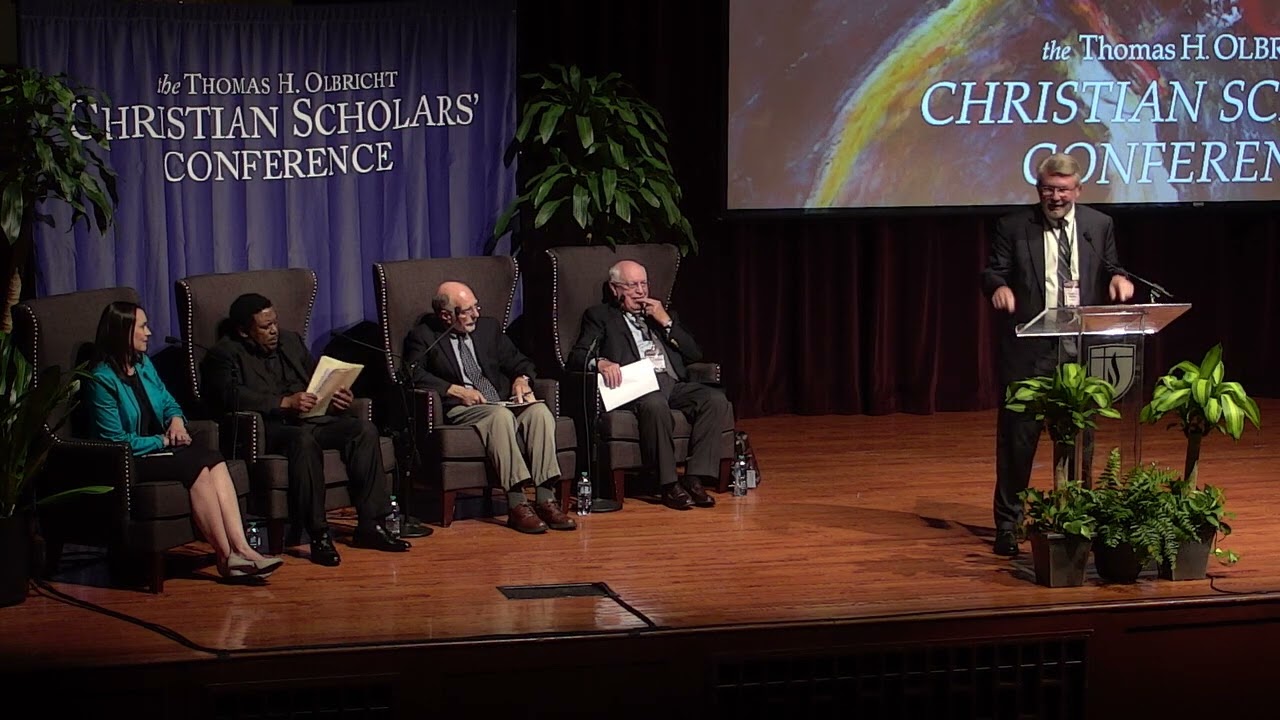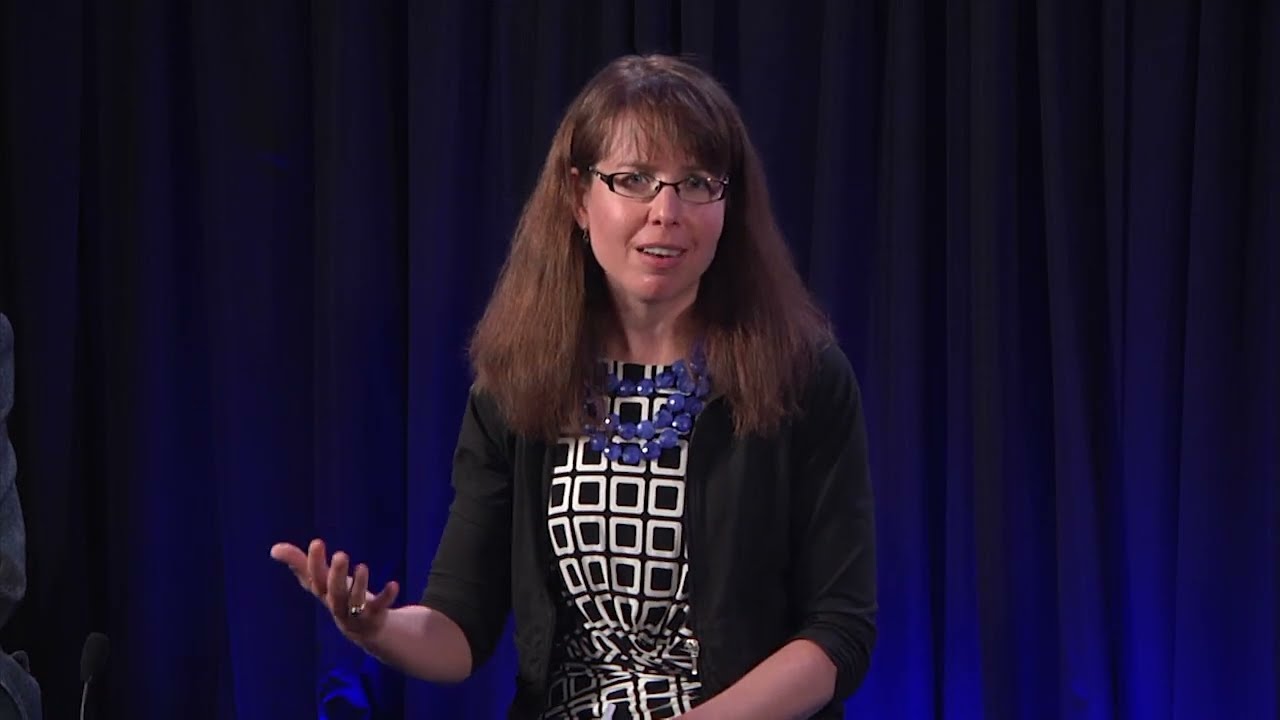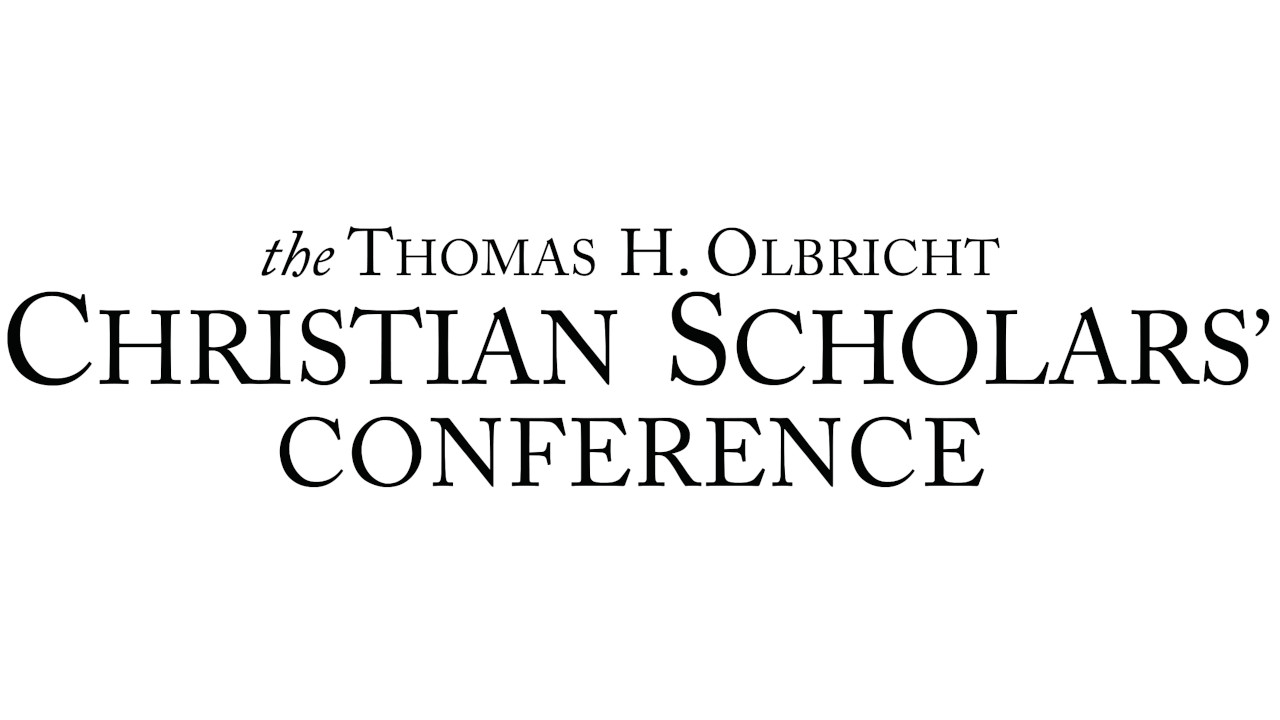
During the 2021 Christian Scholars’ Conference at Lipscomb University in Nashville, Tennessee, a group of scholars presented their reflections on the life and work of Thomas H. Olbricht, the namesake of the conference, who had died a few months earlier. Speaking for many at the conference and around the world, these scholars sought to find words adequate to the task of commemorating a towering figure in the scholarship of Churches of Christ and far beyond. The essays presented in this inaugural issue of Paradoxum record the thoughts of many of those scholars, mostly in the form in which they were presented. A very extended treatment of Tom’s legacy appears in Carl Holladay’s outstanding article prefacing a major collection of Tom’s articles on the rhetoric of the New Testament, published in 2021 by the Society of Biblical Literature.1 Moreover, a bibliography of his published works appears in the final 2021 number of Restoration Quarterly.2 Other participants have presented their reflections in other venues. Those presented here, however, reflect the deep admiration and affection that all contributors felt for Tom over many years.
Their work was divided into two interlocking sessions, both chaired by Ken Berry. The program described the sessions as follows:
Session 1: Thomas H. Olbricht as Biblical Scholar
This session explores the legacy of Thomas H. Olbricht as a scholar of the Bible, including his groundbreaking work on the rhetoric of the New Testament and his insightful and influential treatments of Old Testament theology for the contemporary church. Olbricht’s published scholarship concentrated on the rhetorical dimensions of biblical texts, understood against the backdrop of both ancient and modern rhetorical theorists. His work extended beyond that core to include the history of biblical scholarship and the abiding theological relevance of both Old and New Testaments.
Panelists
John Fitzgerald, University of Notre Dame
Kindalee De Long, Pepperdine University
Ron Cox, Pepperdine University
Mark W. Hamilton, Abilene Christian University
Session 2: Thomas H. Olbricht as Theologian and Historian for the Church’s Sake
This session explores the work of Thomas H. Olbricht as a biblical theologian, church leader, and historian of the Restoration Movement. Olbricht spent decades attempting to situate the development of the Restoration Movement in a succession of historical settings, scaled from the local to the international. This work served more than an academic interest for him, however. It was part of an attempt to make sense of, and reckon with, his own life as a member of this movement and to help others do the same.
Panelists
Kathy Pulley, Missouri State University
Carl Holladay, Emory University
Douglas A. Foster, Abilene Christian University
As the reader of these essays will quickly ascertain, the contributors addressed different aspects of Tom’s multivariate scholarship, including his pioneering work on the rhetoric of New Testament texts, his church-oriented theologies of the Old and New Testaments, and his recovery of innumerable details of the ongoing life of the members and churches of the Stone-Campbell Movement, especially in North America. In all these areas of research and writing, Tom could move from the fine detail to the appropriate generalization with aplomb and skill, and as such he serves as a model for how scholarship in service of the church may be done.
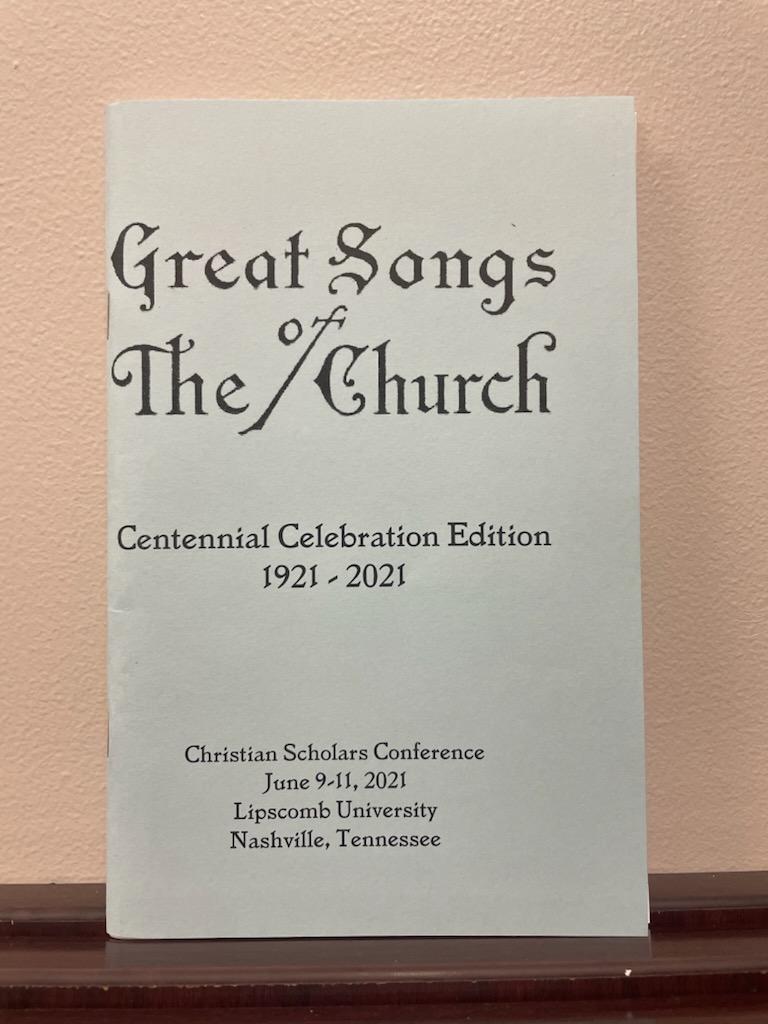
In our era of ever finer specialization, the thoughtful and informed generalist seems almost to be a figure from another, perhaps mythical era. That Tom could perform intelligently in several different disciplines testifies to both his mindful self-discipline and, perhaps even more importantly, his creative curiosity. He was not a dilettante. Quite the opposite. He managed to make important and lasting contributions to several areas of research, keeping together fields that in most of our hands have grown far apart.
In these papers, two other underlying themes emerge. One is Tom’s fascination with story, whether of the Bible or the innumerable major and minor figures of his own religious heritage. For him, the story of humanity intertwined with the story of God in a way that bespoke his own love for both.
A second theme is his passion for an enlightened practice of restorationism. This attitude showed up not just in his preference for biblical to systematic theology and his recurring efforts to retrieve and explain his own faith community and its past. It also came to the fore in a more primal way, the sense that Christian faith is a process—a story with a plot progression—that requires of those who embrace it both open-mindedness and generosity toward others. The man who wrote several autobiographies could never believe that he had arrived at a final explanation of himself or of others. The effort to understand and live on the basis of understanding requires a lifelong effort. Tom possessed the rare courage to live in the provisional world of ever-new discovery, and not just to talk about it.
Not all of the contributors to this collection took classes from Tom or worked with him at Abilene Christian University or Pepperdine University. But all were his students and his colleagues, for the life of the teacher does not easily fit into the bureaucratically defined walls of the modern university. It comes from the soul. It certainly did in Tom’s case. That is why we remain in his debt, now and always. And that is why we offer these reflections to a wider world.
- Carl R. Holladay, “Thomas H. Olbricht (1929–2020): A Memorial Essay,” in Rhetoric and Scripture: Collected Essays of Thomas H. Olbricht, ed. Lauri Thurén (Atlanta: SBL, 2021), xv–xxxvi.
- Carl R. Holladay, “Thomas H. Olbricht Bibliography: Writings and Publications,” Restoration Quarterly 63/4 (2021): 235–46.

